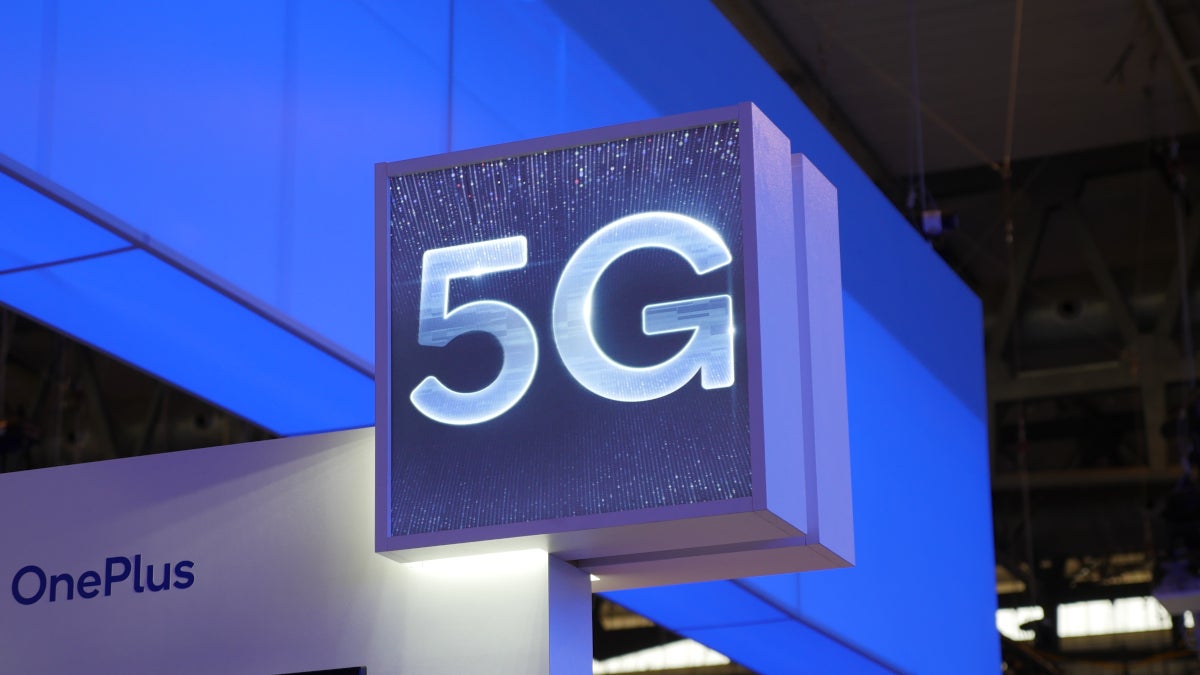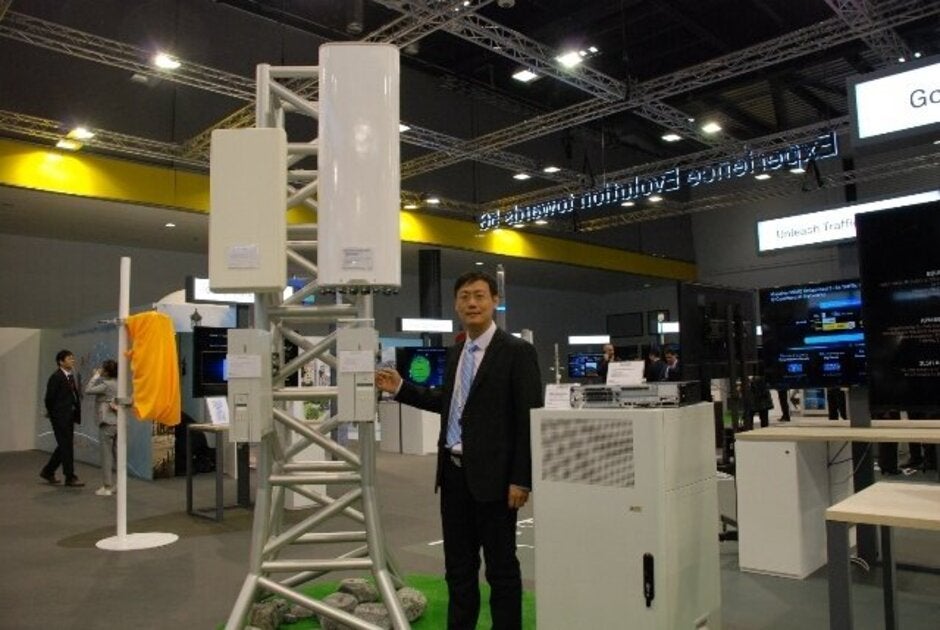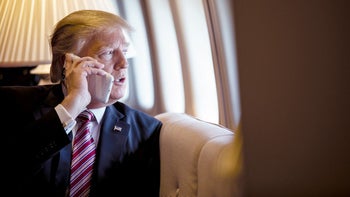The Brits decide: Huawei gear to be used in country's 5G networks

A U.S. delegation flew to Britain a couple of weeks ago in an attempt to get Britain to fall in line with the Trump administration's Huawei policy. In the states, Huawei's alleged ties to the communist Chinese government and the possibility that the manufacturer's products could contain backdoors for spying have made it a national security threat. That is why the U.S. has been warning allies not to use Huawei's networking gear in their 5G networks. Some, like Japan and Australia, have heeded the warning. Others, like Germany, have ignored the U.S. Huawei has always denied the allegations.
When that group from the U.S. met with British officials two weeks ago, it seemed apparent that British Prime Minister Boris Johnson felt that he had no option except to use Huawei's parts. Johnson even asked Huawei's critics what alternatives he had. The company is the largest manufacturer of networking equipment in the world with approximately 30% of the global market. Thanks to funding from China's state-run bank, Huawei can provide generous pricing and financing terms for customers and the company does have a reputation for delivering quality equipment.
The U.S. is disappointed with the decision made by Britain
Today, the New York Times reports that Britain has decided not to ban Huawei's equipment from its 5G networks. While the British will not ban the company's networking gear, it will restrict the parts from being used near "sensitive functions." A senior Trump official told CNBC that "The United States is disappointed by the U.K.’s decision." The official said that the administration is willing to work "with the U.K. on a way forward that results in the exclusion of untrusted vendor components from 5G networks."

Photograph of a Huawei 5G base station
The U.S. has tried to slow down Huawei by banning it from the outfit's U.S. supply chain. And while this might have had a minor impact on the firm's global phone shipments, it also cost U.S. companies plenty of money; in 2018, Huawei spent $11 billion purchasing supplies from American suppliers. Currently, there is a split in the Trump administration over whether it should tighten the screws on the company. Still, one U.S. official reportedly told his British counterpart that using Huawei's parts for 5G is "nothing short of madness."
As Prime Minister Johnson pointed out earlier this month, there aren't other companies that can provide the high-quality networking gear that Huawei delivers with the same generous pricing terms. This is the same reason why some rural carriers in the U.S. have Huawei equipment in their 3G and 4G networks. The FCC is considering a regulation to force the removal of this equipment, a task that would cost nearly two billion dollars according to estimates. Last year, the Trump administration supposedly asked U.S. networking firms Oracle and Cisco to enter the market and compete with Huawei but both companies rejected the notion. The U.S. is also looking at how it might be able to fund Huawei's networking gear rivals in order to help them offer generous financing terms to compete with the Chinese manufacturer.
The decision by Prime Minister Johnson might surprise some who consider him to be very close to U.S. President Donald Trump. Johnson made the decision after meeting with his National Security Council. Nicky Morgan, the U.K. secretary for the government agency that made the decision said, "This is a U.K.-specific solution for U.K.-specific reasons and the decision deals with the challenges we face right now. It not only paves the way for secure and resilient networks, with our sovereignty over data protected, but it also builds on our strategy to develop a diversity of suppliers."
U.S. officials were hoping to prevent the "five eyes" intelligence-sharing group from using Huawei parts. Members of this group include the U.S., U.K., Canada, Australia and New Zealand.
Follow us on Google News













Things that are NOT allowed:
To help keep our community safe and free from spam, we apply temporary limits to newly created accounts: